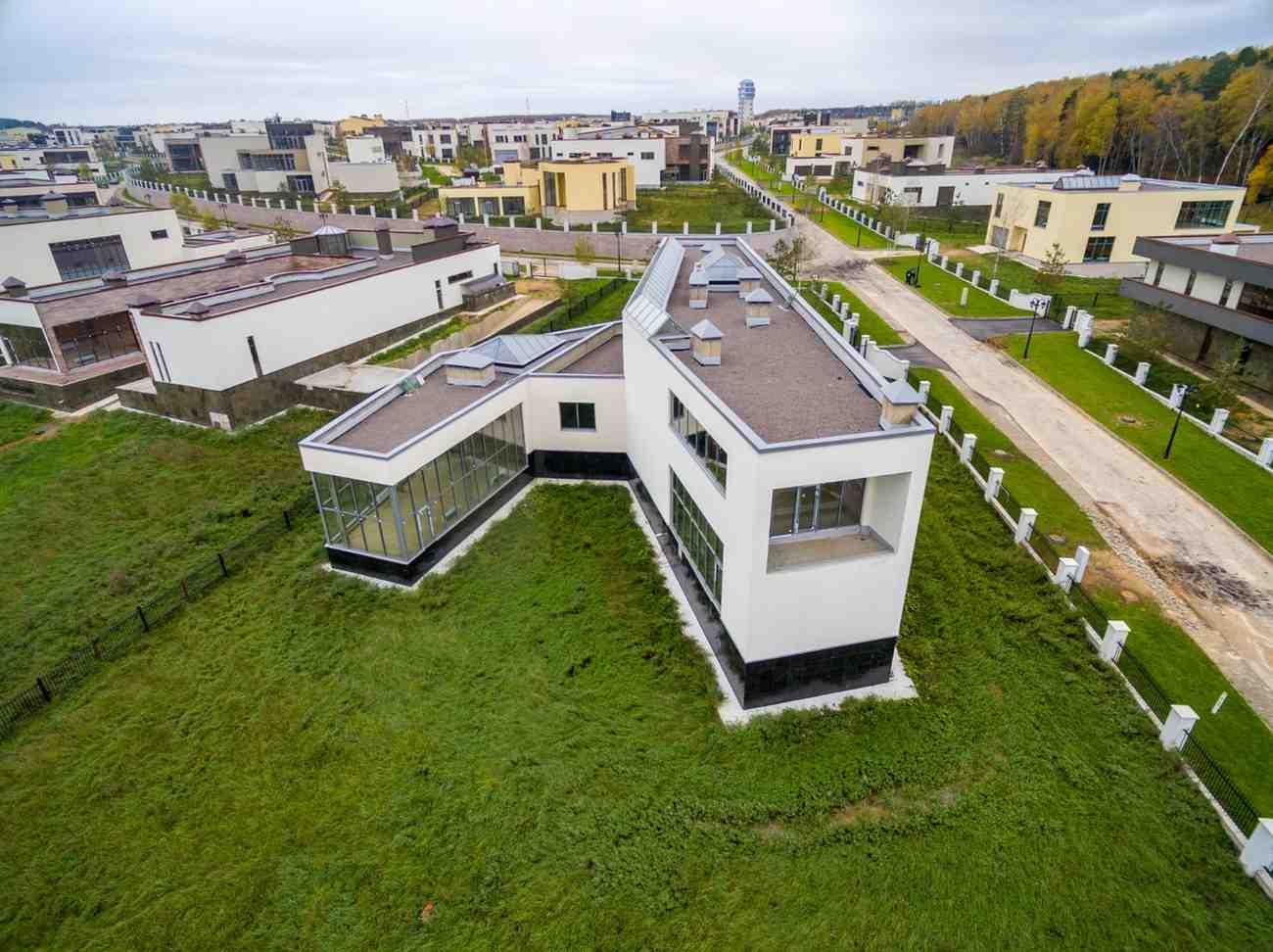How to Use a Self-Directed IRA to Invest in Real Estate

When it comes to preparing for retirement, many investors look beyond traditional assets like stocks and bonds. One increasingly popular option is using a self-directed IRA to invest in real estate. This strategy offers more flexibility and the potential for greater returns, especially if you're well-informed about the real estate market.
In this blog, we’ll break down how a self-directed IRA works, the steps involved in investing in real estate through one, and key benefits and risks to consider.
What Is a Self-Directed IRA?
A self-directed IRA (SDIRA) is a type of individual retirement account that allows you to invest in a broader range of assets than a standard IRA. While traditional IRAs typically restrict you to mutual funds, stocks, and bonds, an SDIRA gives you access to alternative assets, such as real estate, precious metals, private placements, and more.
The key difference lies in who controls the investment decisions. With an SDIRA, you (the account holder) make all the investment choices—while a custodian or trustee manages the account's paperwork and compliance.
Why Consider Real Estate for Retirement?
Real estate is a tangible asset that has historically appreciated over time. It can also generate steady cash flow through rental income. Here are some reasons why investors include real estate in their retirement portfolios:
-
Diversification from traditional investments
-
Potential tax advantages
-
Inflation hedge since property values and rents often rise with inflation
-
Long-term appreciation in growing markets
By using a self-directed IRA, you can reap these benefits within a tax-advantaged account, maximizing your returns over time.
What Types of Real Estate Can You Invest In?
With a self-directed IRA, you can invest in various types of real estate, including:
-
Single-family homes
-
Multi-family residential properties
-
Commercial real estate
-
Raw land or farmland
-
Real estate notes and trust deeds
Each type of property comes with its own risks and potential rewards, so it’s important to research and align your investment with your long-term goals.
Rules and Restrictions You Must Know
Using an SDIRA to invest in real estate comes with specific rules set by the IRS. It’s crucial to follow these guidelines to avoid penalties or disqualification of your IRA:
1. No Self-Dealing
You or certain family members (spouse, children, parents) cannot use the property for personal benefit. For example, you can’t live in a property owned by your SDIRA or allow your family to stay there—even temporarily.
2. All Expenses Must Be Paid by the IRA
Maintenance, property taxes, insurance, and other expenses must come from the SDIRA. You can’t pay out-of-pocket or be reimbursed by the IRA.
3. All Income Must Return to the IRA
Rental income or sale proceeds must go directly into the IRA account, not your personal bank account.
4. No Personal Guarantees
You cannot personally guarantee a mortgage for the property. Any financing must be non-recourse, meaning the lender’s only recourse is the property itself—not your personal assets.
Step-by-Step Guide to Investing in Real Estate with a Self-Directed IRA
Step 1: Open a Self-Directed IRA
Start by choosing a custodian that specializes in self-directed IRAs. Not all financial institutions offer this option, so find one that supports real estate investing.
Step 2: Fund Your Account
You can fund your SDIRA through contributions (within annual IRS limits), transfers from another IRA, or rollovers from a 401(k) or other qualified plan.
Step 3: Identify Investment Property
Once your account is funded, you can start researching potential properties. Make sure the property meets your investment criteria and follows IRS rules for SDIRA assets.
Step 4: Make the Purchase Through Your IRA
All paperwork should be in your IRA’s name—not your personal name. For example: “XYZ Trust Company FBO John Smith IRA.”
Step 5: Manage the Property
The property can be managed by a property manager, but all financial transactions must flow through the IRA. Any profits return to the IRA and all costs are paid from it.
Pros of Using an SDIRA for Real Estate
-
Control: You choose the exact property and strategy.
-
Tax Benefits: Rental income and gains grow tax-deferred or tax-free (Roth SDIRA).
-
Leverage: You can use non-recourse loans to increase buying power.
-
Diversification: Reduces reliance on market-based assets.
Cons and Risks to Consider
-
Complexity: Requires strict IRS compliance and additional paperwork.
-
Liquidity: Real estate is not easily sold or converted to cash in emergencies.
-
Fees: Custodian and management fees can add up.
-
No Personal Use: You can't vacation in the property or use it for business.
Is This Strategy Right for You?
Using a self-directed IRA to invest in real estate is ideal for individuals who:
-
Have some knowledge of the real estate market
-
Want to diversify their retirement assets
-
Can handle the administrative responsibilities or hire professionals to help
-
Are focused on long-term growth rather than immediate access to funds
If you're comfortable with the added responsibility and are serious about long-term wealth building, real estate in an SDIRA could be a powerful addition to your retirement plan.
Final Thoughts
Investing in real estate through a self-directed IRA opens up new possibilities for growing your retirement nest egg. While it comes with rules and responsibilities, the potential for steady income, diversification, and tax advantages make it a strategy worth considering. With the right approach, your IRA could do more than just hold stocks—it could own property, generate rent, and help you retire with greater confidence.
Important Links
Thomson View En Bloc Condo Showflat
Thomson View En Bloc Condo Showflat
- Art
- Causes
- Crafts
- Dance
- Drinks
- Film
- Fitness
- Food
- Games
- Gardening
- Health
- Home
- Literature
- Music
- Networking
- Other
- Party
- Religion
- Shopping
- Sports
- Theater
- Wellness
